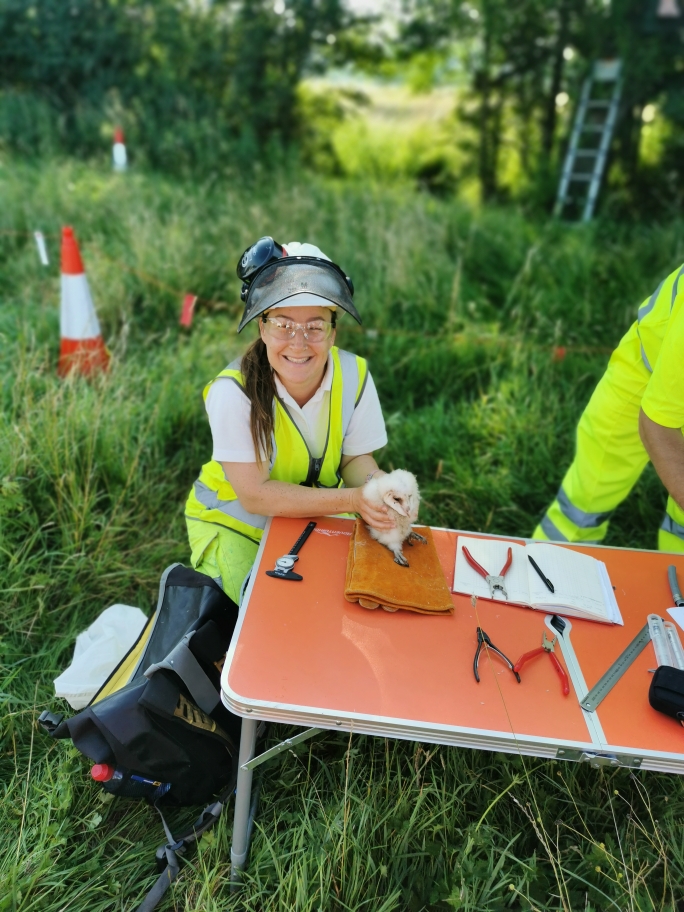Adelle Pilfold
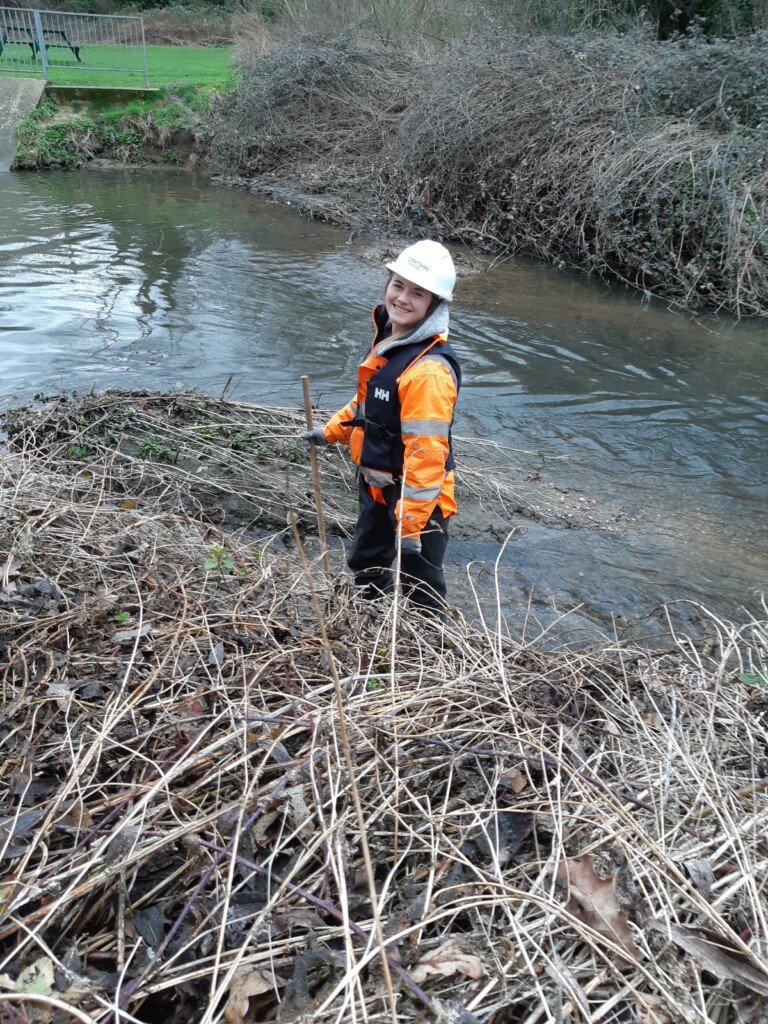
What employment sector do you work in?
Private Sector
How long have you had a green job for nature?
6 years
Please describe the work that you do.
As a senior ecologist, I manage projects from start to finish. My work can range from taking on new enquiries and working with clients to produce quotations for the works they require, organising surveys, mitigation and reports, leading surveys and mitigation, attending client meetings, delivering advice and training at Thomson and helping the company grow stronger. As technical lead of dormouse and riparian mammals at Thomson, my area of expertise lies with mammals.
What do you most like about your job? Any dislikes?
I really enjoy being outside and undertaking surveys, one of my best days last year was undertaking a water vole translocation, and even though we didn’t catch anything that day, we arrived on site during sunrise and it looked marvellous across the estuary, you could hear curlews in the background and it was a beautiful morning!
One of the least enjoyable aspects of the job is when issues arise on site with things out of our control. These can include such things as the weather, temperature, the behaviour of animals or delays to licences and permits which delay the works. Tensions rise between clients, subcontractors and ecologists as there is a heightened pressure to get the work done in a set timeframe. Working with clients to produce the best result for everyone (including the animals and habitats) can be challenging work but it is all the more rewarding when you work towards a solution that works for everyone.
What inspired you into this career?
I have always been interested in wildlife from a young age. I used to spend hours in the garden turning over rocks and watching woodlouse, capturing and feeding snails and slugs and watching birds. I chose this career so that I could use my passion for wildlife to develop my skills in surveying and identifying species, learn about important habitats and work with
those in the development, construction and conservation sectors to help them consider wildlife in everything they do, to come up with imaginative solutions to limit the impacts on our biodiversity and leave the sites in a good condition to suit our wildlife.
Have you faced any challenges in progressing your career so far?
Managing multiple projects can be a challenge, especially when they all have their own pressing deadlines, but Thomson offers support and training to help you progress in these areas and pinpoint the aspects that you may need extra help with.
What education/training did you have?
For my undergraduate degree, I completed a BSc (Hons) in Conservation Biology at the University of Plymouth. After leaving university, I volunteered with wildlife groups, undertook an internship with the RSPB and signed myself up for training courses to develop my knowledge and gain some skills in my chosen sector.
I have a Level 2 Bat Class Licence, Level 1 Dormouse Class Licence, Level 1 Great Crested Newt Class Licence and a survey licence for rare reptiles (smooth snakes and sand lizards).
What advice would you give to someone coming into the profession?
For any new ecologists coming into the sector, my advice would be to gain experience in all aspects of your job. You may want to specialise in one area but it really benefits to gain experience in everything to make you a well-rounded ecologist. You could do this by putting yourself forward for certain surveys or projects, volunteering outside of work and learning through courses.
—
Tags: England, Private sector, Ecologist, Ecological consultant
Date profile submitted: 03/07/2023
Follow Adelle
Related Job Profiles
Charlie Ward
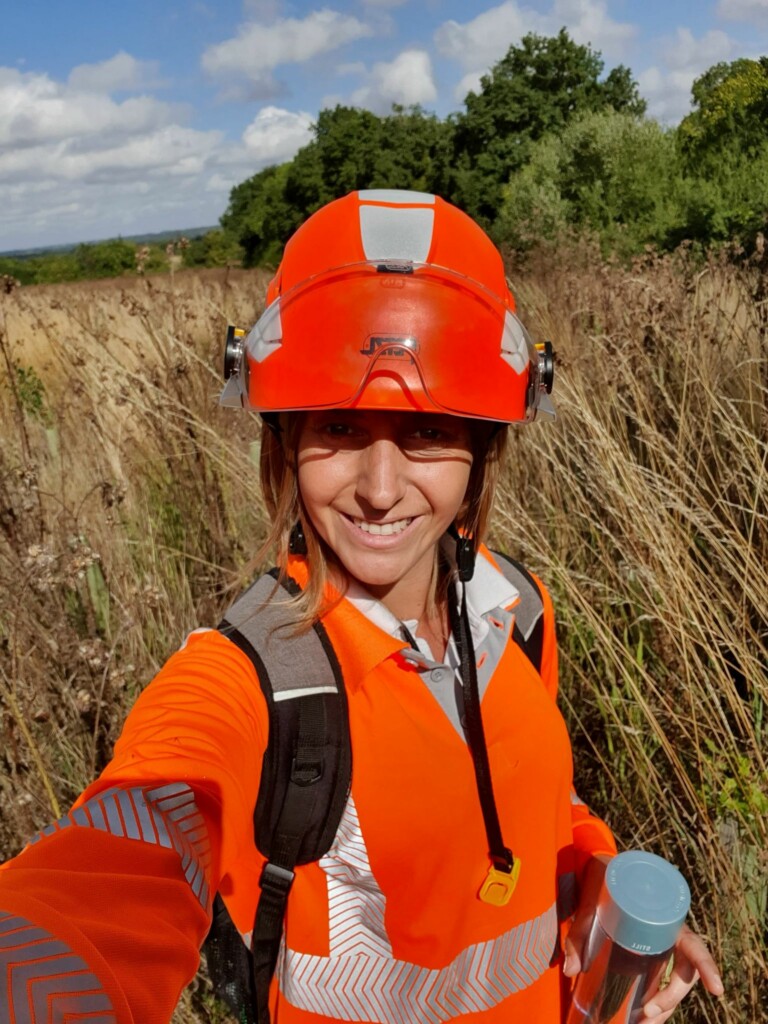
Kay Paul
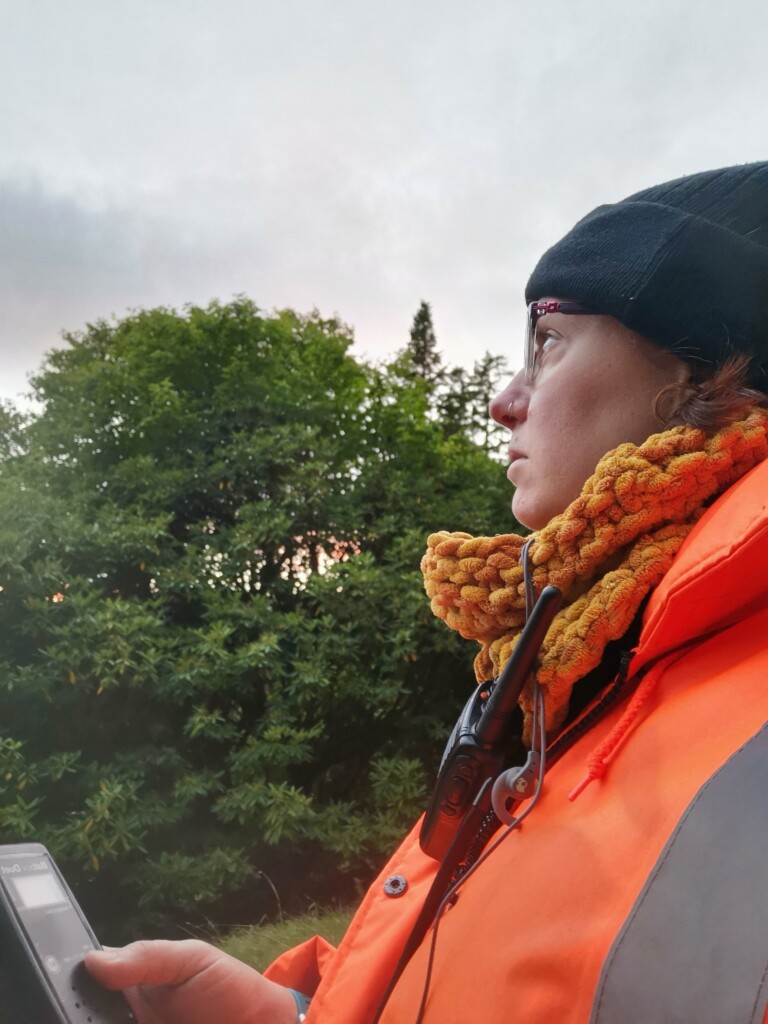
Eloise Arif
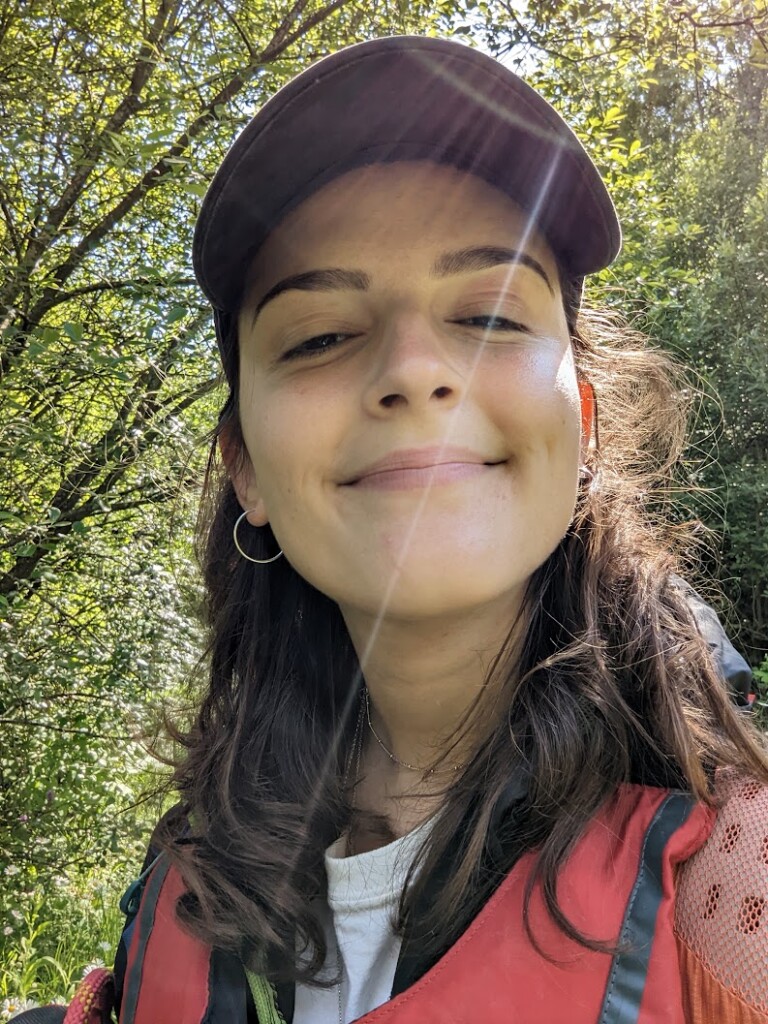
Kath Thorne
